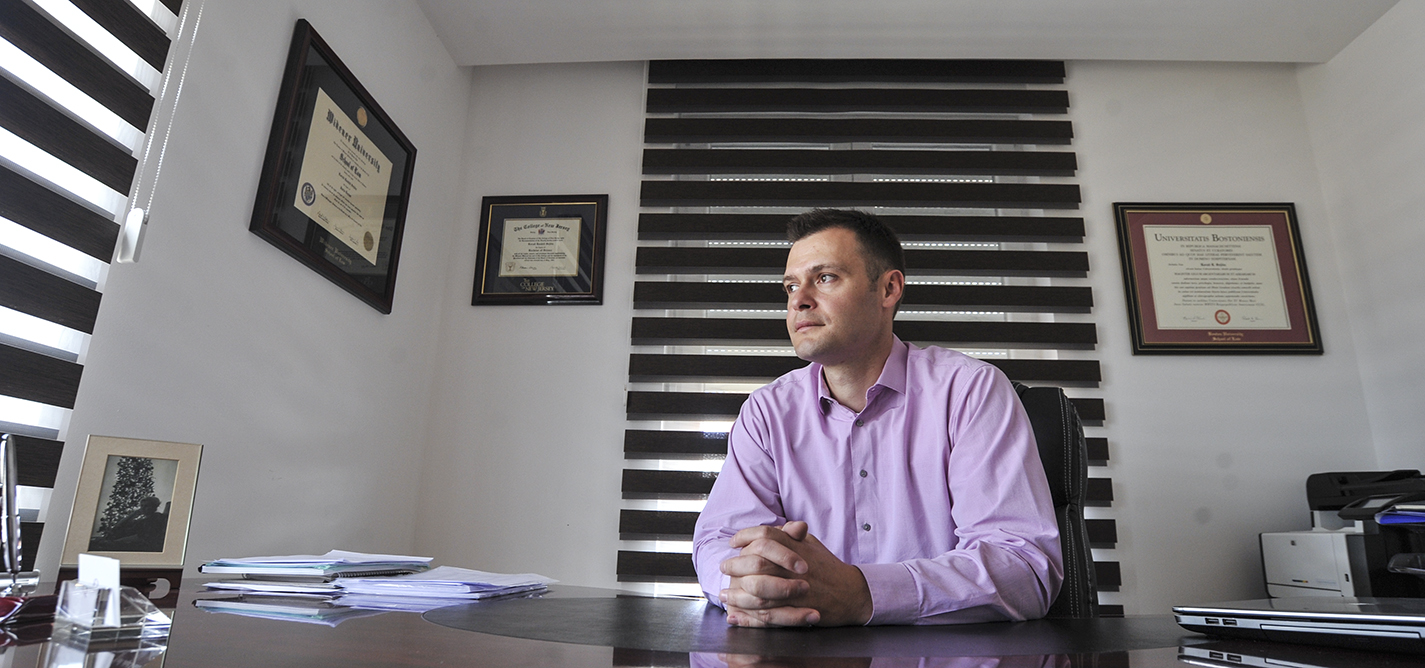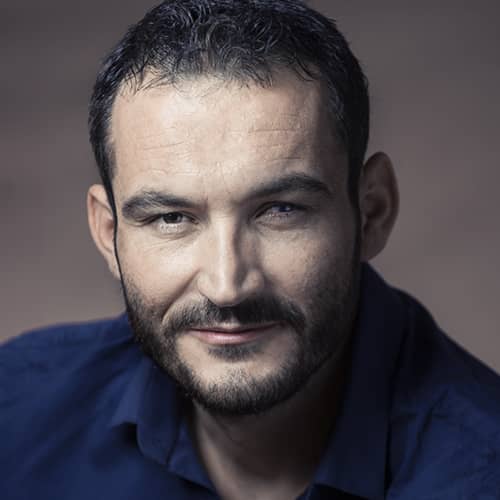
Korab Sejdiu: “If we consider the long term, I believe AKR made a mistake”
The newly independent deputy speaks about his reasons for leaving AKR and his future in politics.
|13.09.2017
|
“It is difficult to abandon a party after spending four years contributing to it and rebuilding it virtually from scratch.”
“Our society has reached the point where keeping your word is an exception, not a rule.”
“Whenever I personally evaluate that a certain proposal is against the interests of the citizens and the country, I will always vote against.”

Eraldin Fazliu
Eraldin Fazliu is a former journalist at Kosovo 2.0. Eraldin completed his Master’s on ‘European Politics’ at the Masaryk University in the Czech Republic in 2014. Through his studies Eraldin became interested in the EU’s external policies, particularly in promotion of the rule of law externally. He is a passionate reader of politics and modern history.
This story was originally written in Albanian.